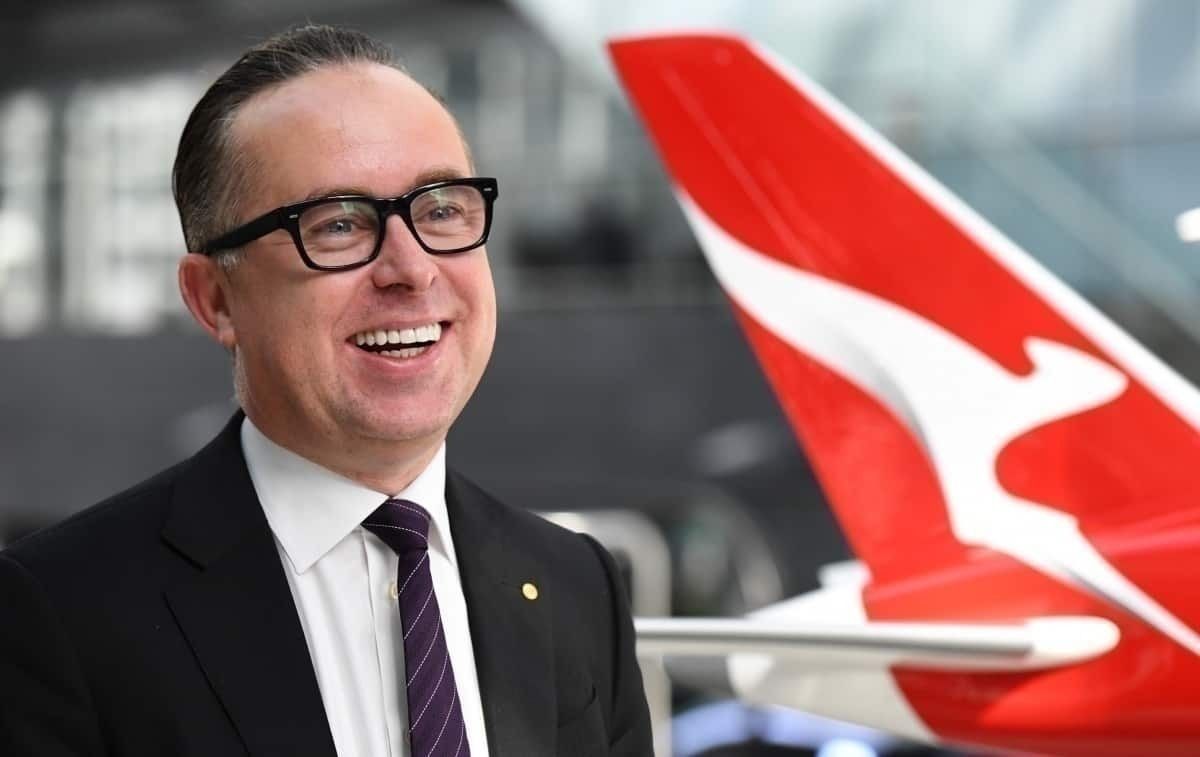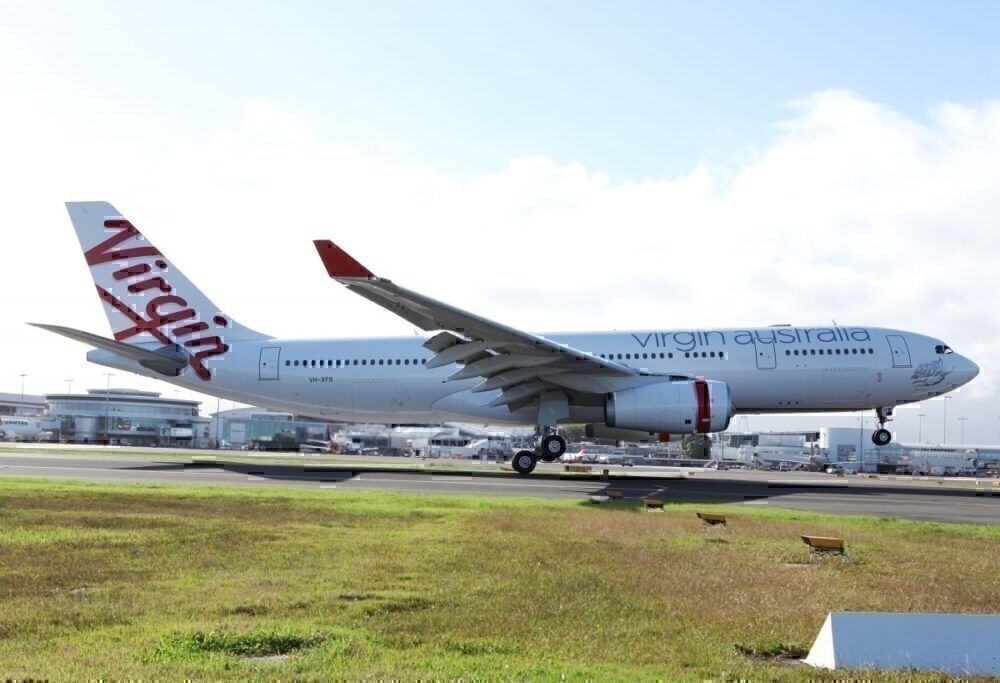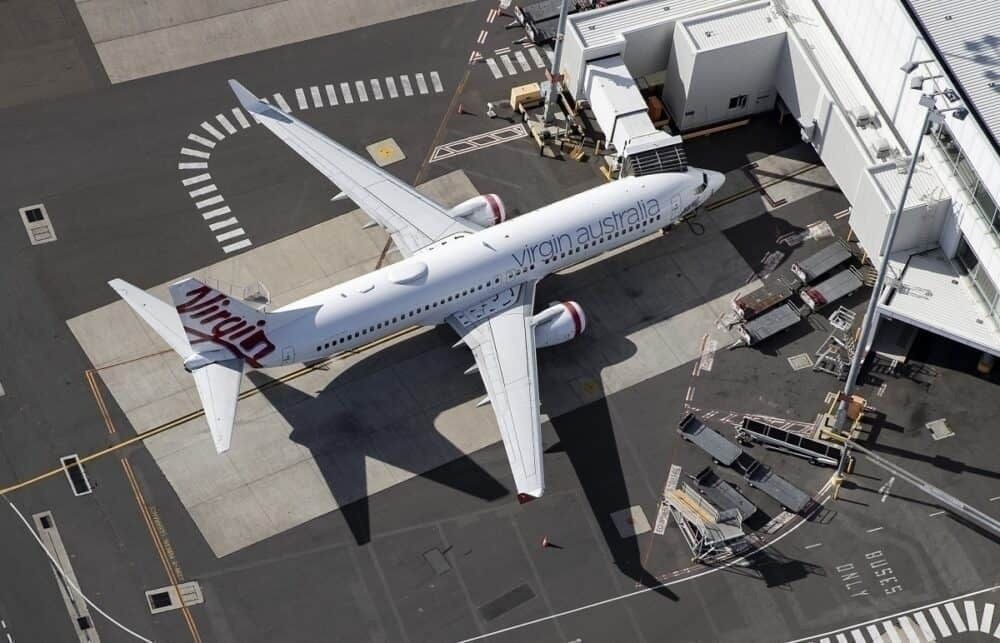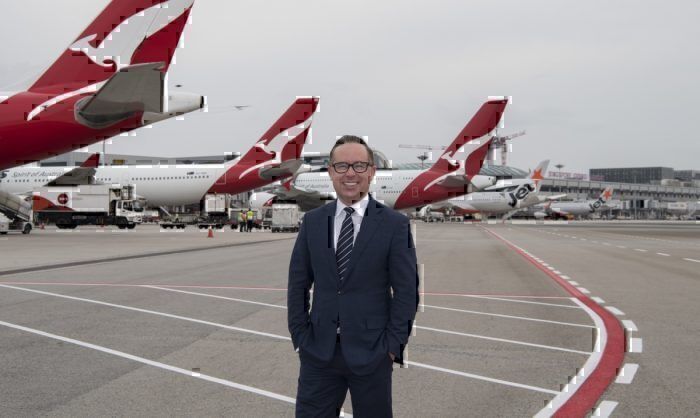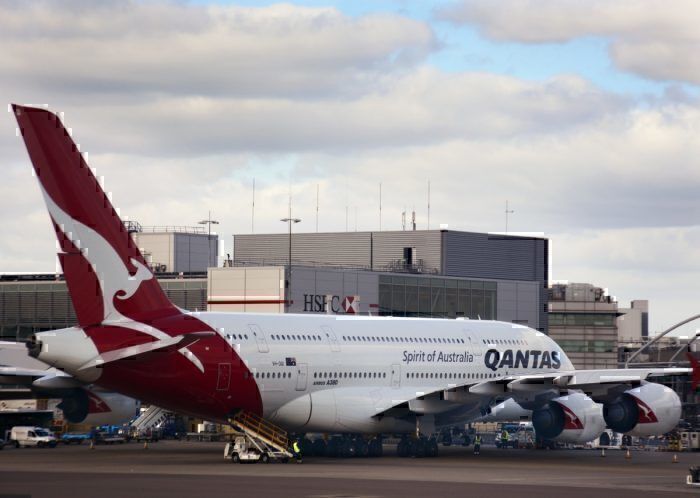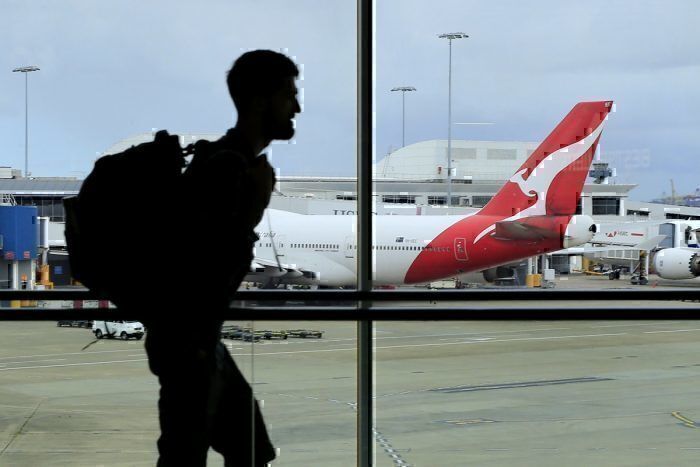Alan Joyce, the CEO of Qantas, says that he believes the Australian domestic market will remain competitive once people start flying again. In an April 29th post, the airline head outlined three certainties in a post-coronavirus Australian aviation market. Let's unpack these.
A competitive Australian market
This was the first of the three things he explained in a LinkedIn article. Joyce highlights the vast potential for the domestic market and reiterates his belief that competition has made Qantas better. Furthermore, he said that he does not believe a monopoly would be an attractive option.
In discussing this, Joyce is referring to its main rival, Virgin Australia, whose future is in jeopardy. The airline is facing rough financial headwinds because of the crisis, with some of its most lucrative routes to the United States currently suspended.
To an extent, Joyce has the right idea. A monopoly would allow Qantas to increase fares and decrease service on domestic routes. People will still need to travel, so Qantas will likely run significant profits in that scenario. However, this would not be good for the Australian market. A competitor like Virgin Australia definitely helps keep Qantas on its toes.
However, if Virgin Australia does not make it out of the other end of this crisis intact, it will give Qantas a lucrative monopoly for at least a few months– if not a few years– on the full-service and low-cost segments of the market. Dominance in the budget segment would be due to its Jetstar brand.
Setting up a competitor takes time, and there won't be as many passengers right at the end of this crisis as there were in the months preceding it. Those few months may be exactly what Qantas needs for a "reset" of its financials, and perhaps to get the ambitious Project Sunrise program up and running.
Fares will be low
Joyce believes that fares will be low as airlines seek to stimulate travel demand. This is definitely a tactic some airlines are considering to get people onboard their aircraft. But, this situation relies on a few different external factors.
For one, if Qantas has a monopoly, it has no incentive to lower its fares. This is especially true if the airline pursues robust social distancing onboard its aircraft. If Qantas blocks out seats for sale, this will reduce capacity within the market. And, it would also eliminate a significant amount of capacity onboard the aircraft. In order to turn a profit, Qantas would likely need to raise fares.
Low fares are good for passengers. On the other hand, for an airline not equipped to handle low prices, it could wreak havoc on the carrier's financials, which are already in a tenuous state.
Domestic travel will start first
Alan Joyce is correct when he states that domestic travel will be the first to launch. International travel will be more tied to the lifting of other border restrictions and the resumption of economic activities. Australia is in a much better position to do this sooner than in other countries. And, even if other countries do open up their borders, some may be wary of traveling out of fear of falling sick abroad.
Beyond this, the Australian tourist industry will also need a revitalization. Local governments and travel agents may even offer attractive discounts or packages to encourage people to fly domestic. Of course, this largely depends on when services resume.
Overall
A competitive market is one that is good for passengers. It means that airlines have an incentive to lower fares and to improve their onboard services. CEO of Qantas, Alan Joyce, believes that the market will remain competitive and thus offer passengers a host of benefits when domestic travel resumes.
It is not every day that you see a CEO of an airline go out and say they do not want a monopoly. Although, it does say something about the airline if it takes a competitor to force them to be "better."
What do you make about Alan Joyce's predictions? Let us know in the comments!

